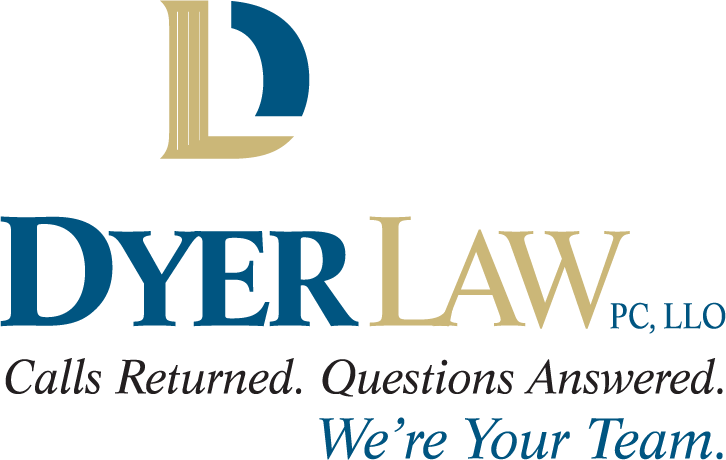Workers' compensation settlements are intentionally designed as a slower process to allow both parties time to fully evaluate the case and ensure fair compensation. Knowing when workers' comp settles can help you manage your expectations and make informed decisions...
Blog
Keep up with the latest news and information surrounding our areas of practice, including vehicle accidents, workers’ compensation, wrongful death and more with the Dyer Law blog.
Common Types of Personal Injury Claims in Nebraska
Nebraska's personal injury laws aim to protect individuals harmed by the negligence or intentional actions of others. If you've been injured, understanding the types of personal injury cases can help you navigate the legal process and determine if you're entitled to...
How to File a Nebraska Workers’ Comp Claim
Workplace injuries can happen when you least expect them. Fortunately, Nebraska workers' comp laws provide financial assistance to employees who are injured while on the job. If you’ve been injured or become ill due to work-related duties, it’s important to understand...
How Long Do You Have to File a Personal Injury Lawsuit? Nebraska’s Statute of Limitations
In Nebraska, you generally have four years to file a personal injury claim and resolve the lawsuit, depending on the specific circumstances of your case. However, several factors, such as the type of injury and who is at fault, can affect this deadline. Read more...
How Is Pain and Suffering Calculated in Nebraska?
It can be difficult to assign a dollar amount or value of your pain and suffering after a car accident or personal injury. But these two methods can help you determine how much pain and suffering you should ask for when negotiating your personal injury settlement in...
7 Tips for Hiring a Personal Injury Lawyer
Navigating the legal system after filing a personal injury claim can be complex. Selecting the wrong lawyer can waste your time, charge you unnecessary fees, and even jeopardize the success of your personal injury case—so it's essential to get a personal injury...
10 Mistakes to Avoid with Your Workers’ Comp Claim
Workers’ compensation laws are complicated. No matter how many times you have endured the claims process, you can easily fall victim to common missteps and hinder your ability to obtain the maximum compensation for your injury. Even the most innocuous blunder could...
Workers’ Comp Glossary
If you are pursuing a workers’ compensation claim, you’ll likely encounter unclear terminology and legal jargon along the way. At Dyer Law, we work to cut through the confusion for our clients and make the claims process as straightforward as possible. To simplify the...
Your Guide to Vocational Rehabilitation Services in Nebraska
If you have suffered a workplace injury and are unable to return to work, you may be eligible for vocational rehabilitation services through the Nebraska Workers’ Compensation Court. These services are voluntary but can be highly beneficial for injured employees...
Composing an Effective Personal Injury Demand Letter: Can You Do It Alone?
Crafting a complete and constructive demand letter is arguably the most crucial step in obtaining full compensation for your personal injury claim. Your demand letter itemizes your recoverable, injury-related damages and provides evidence to support your claim for an...










